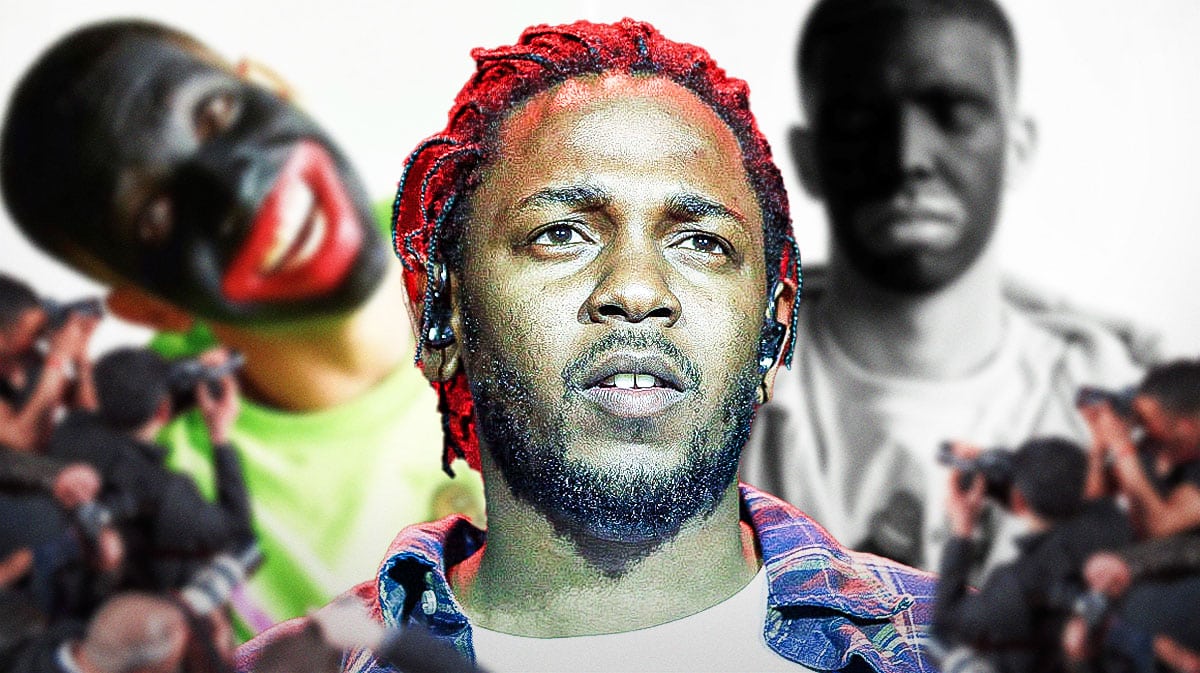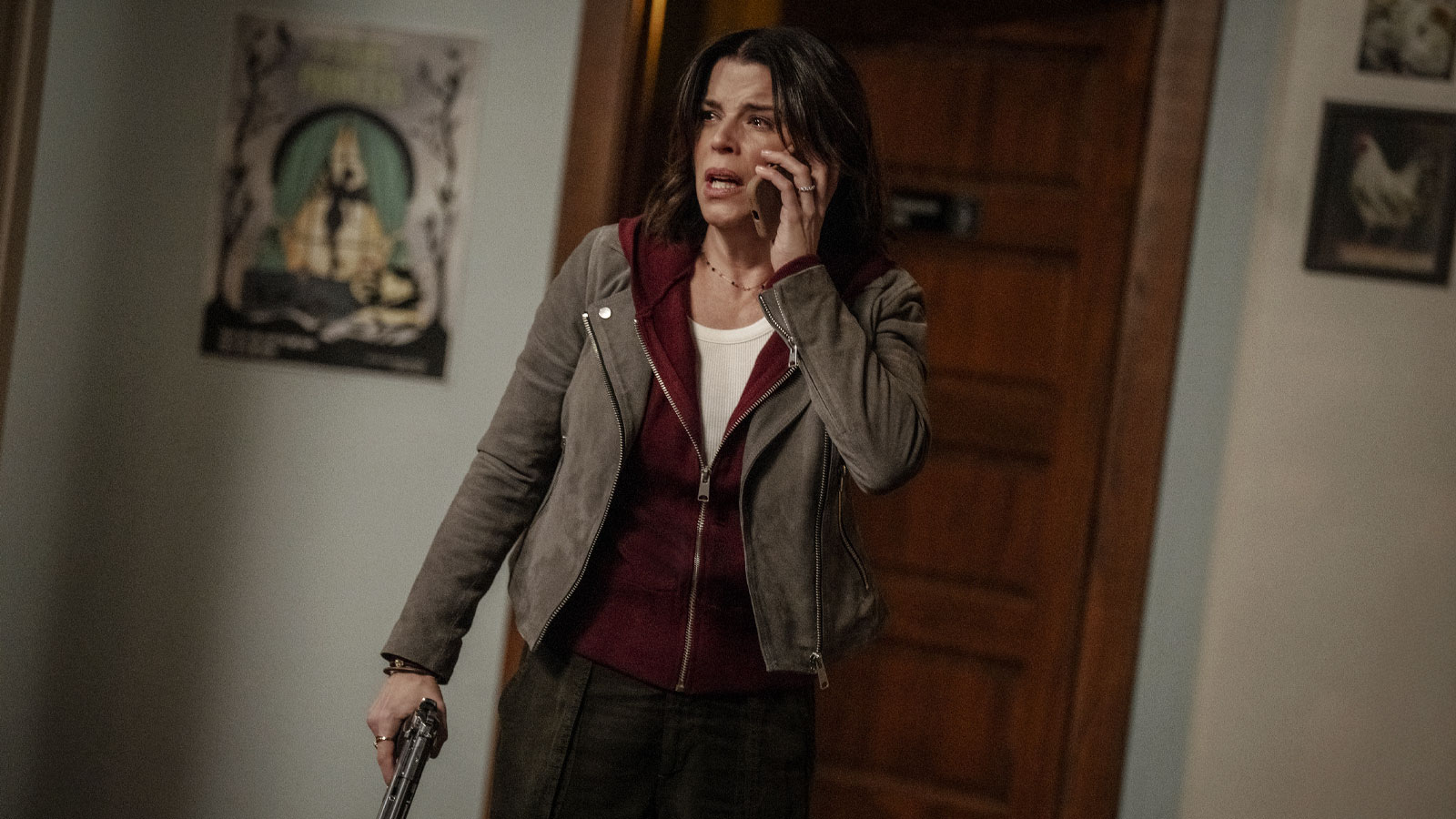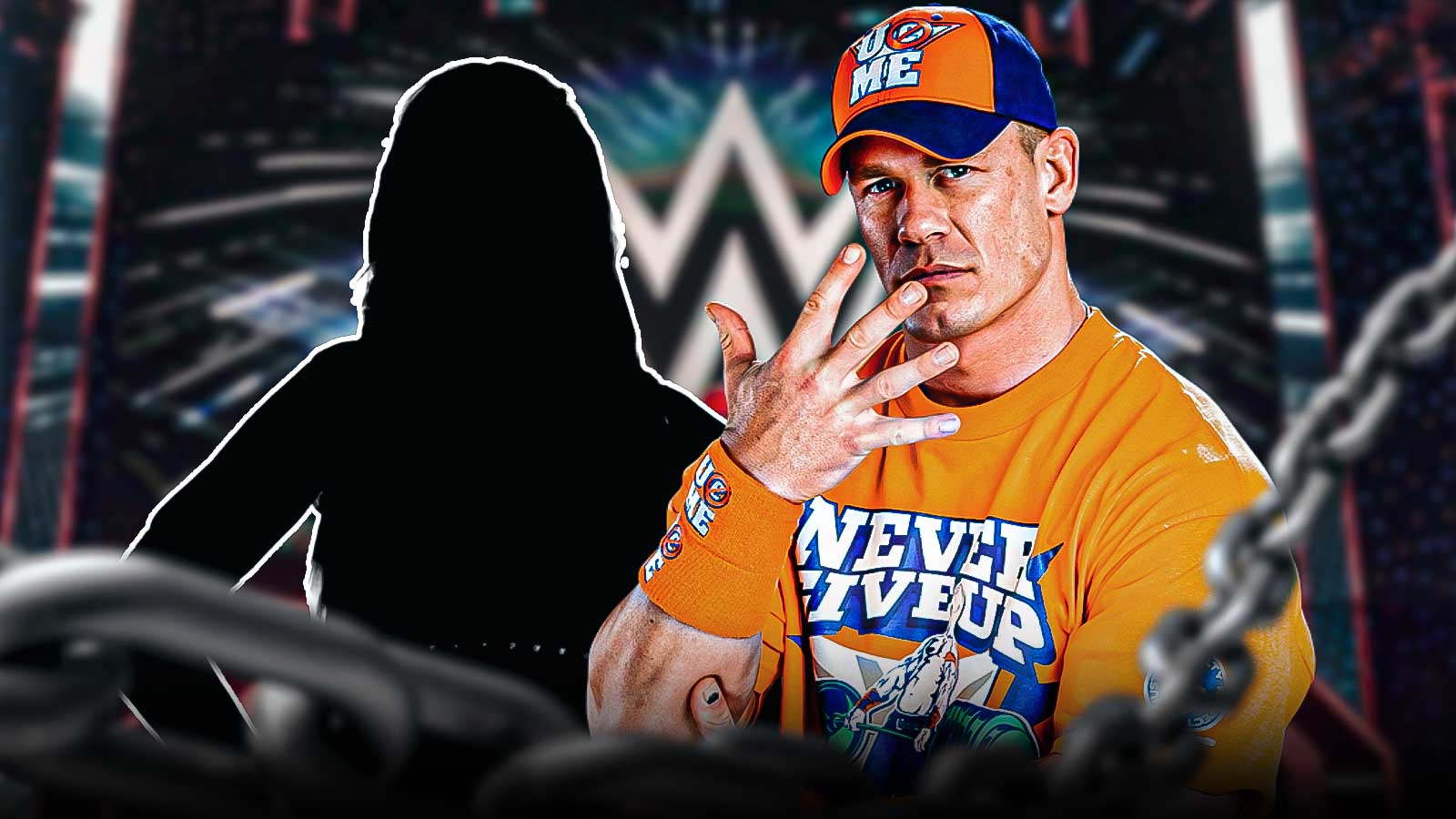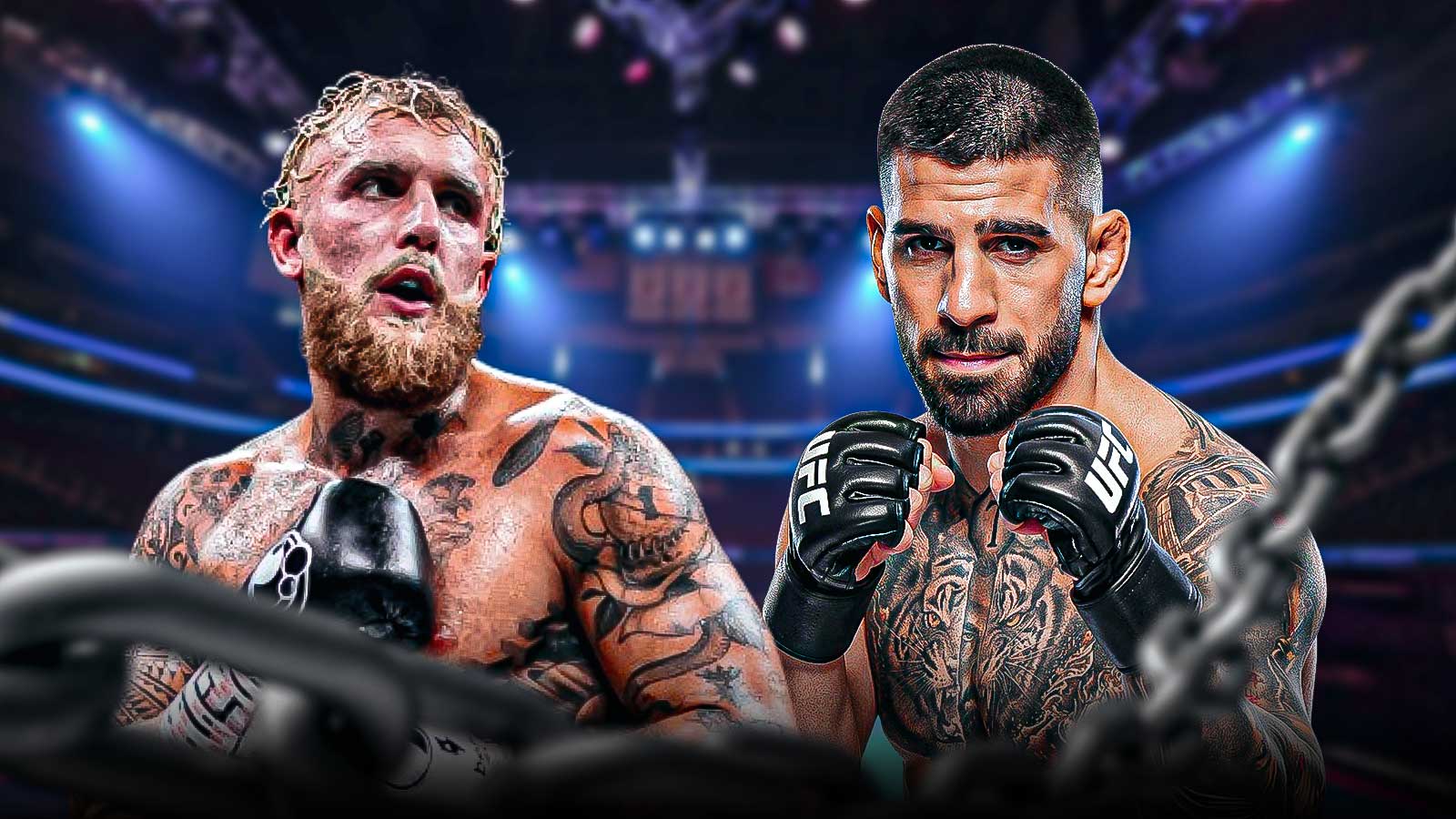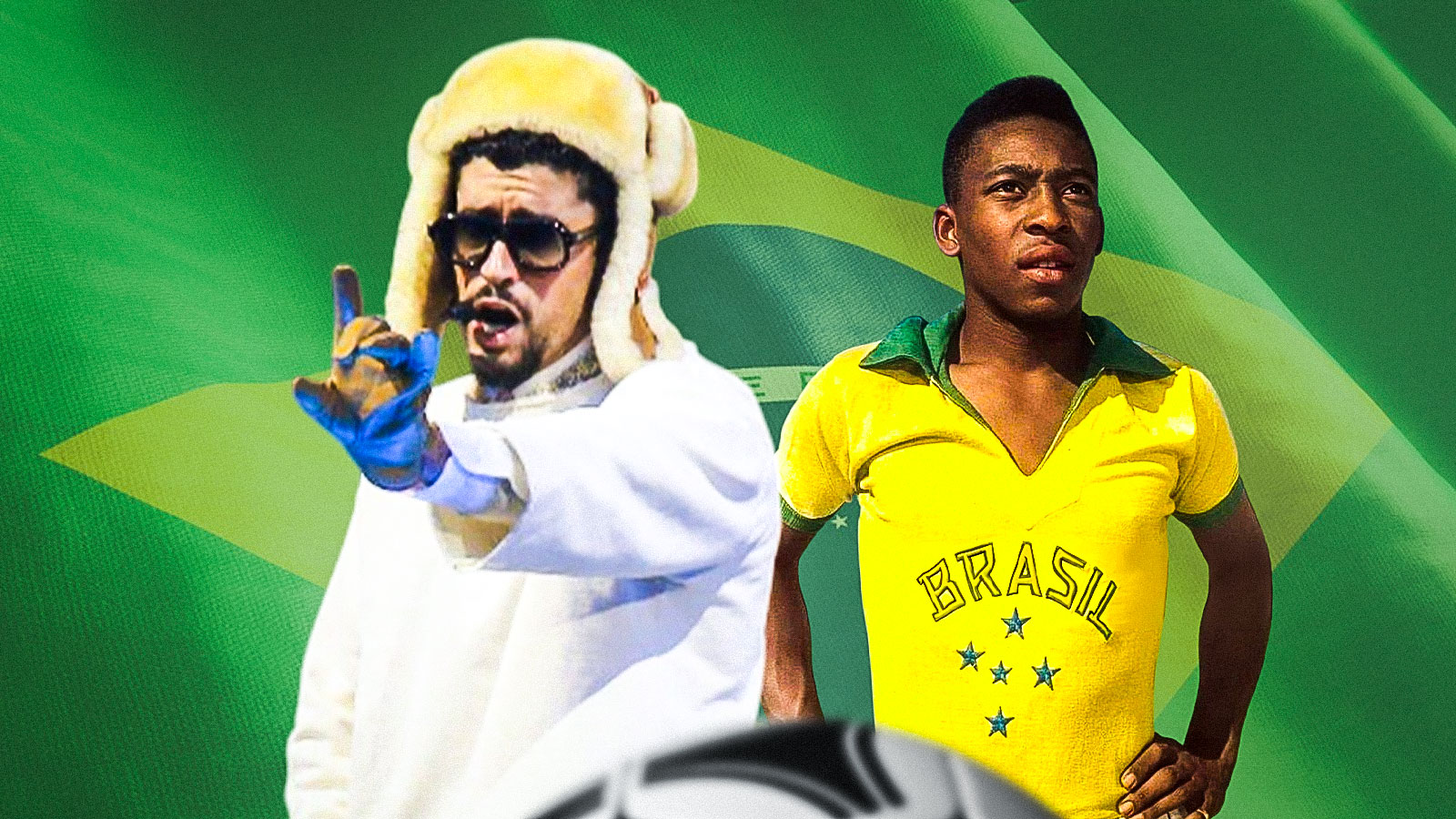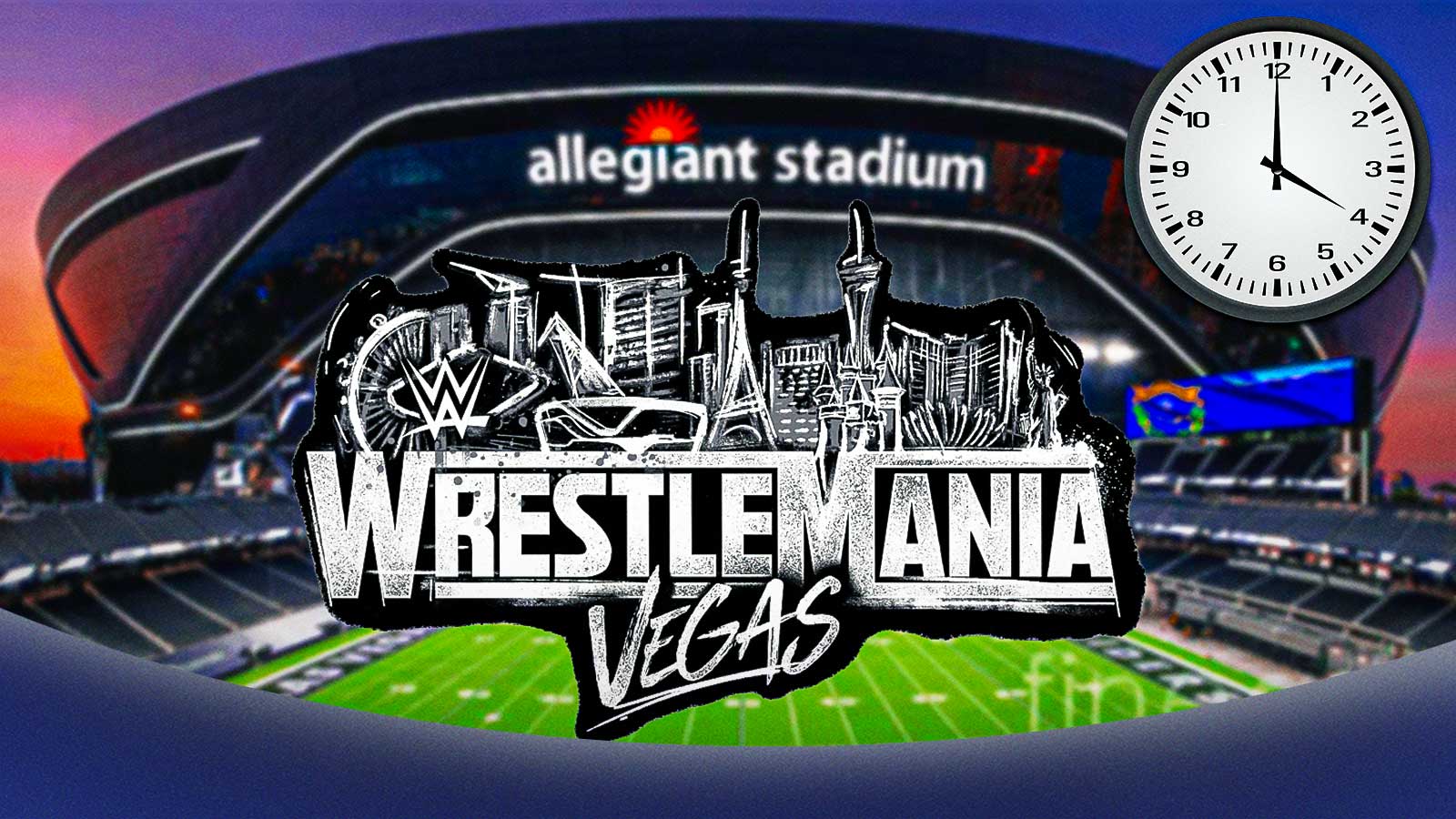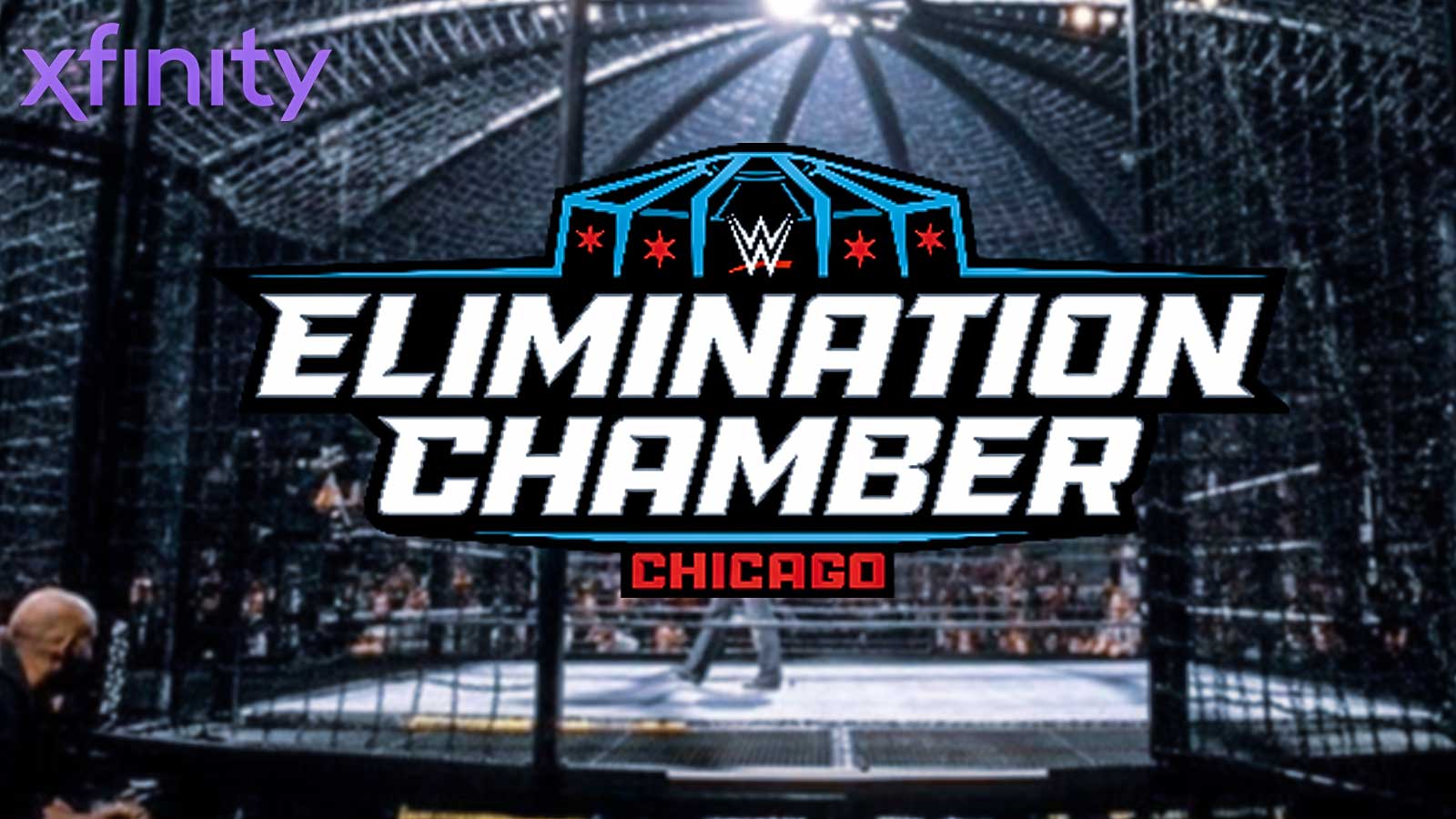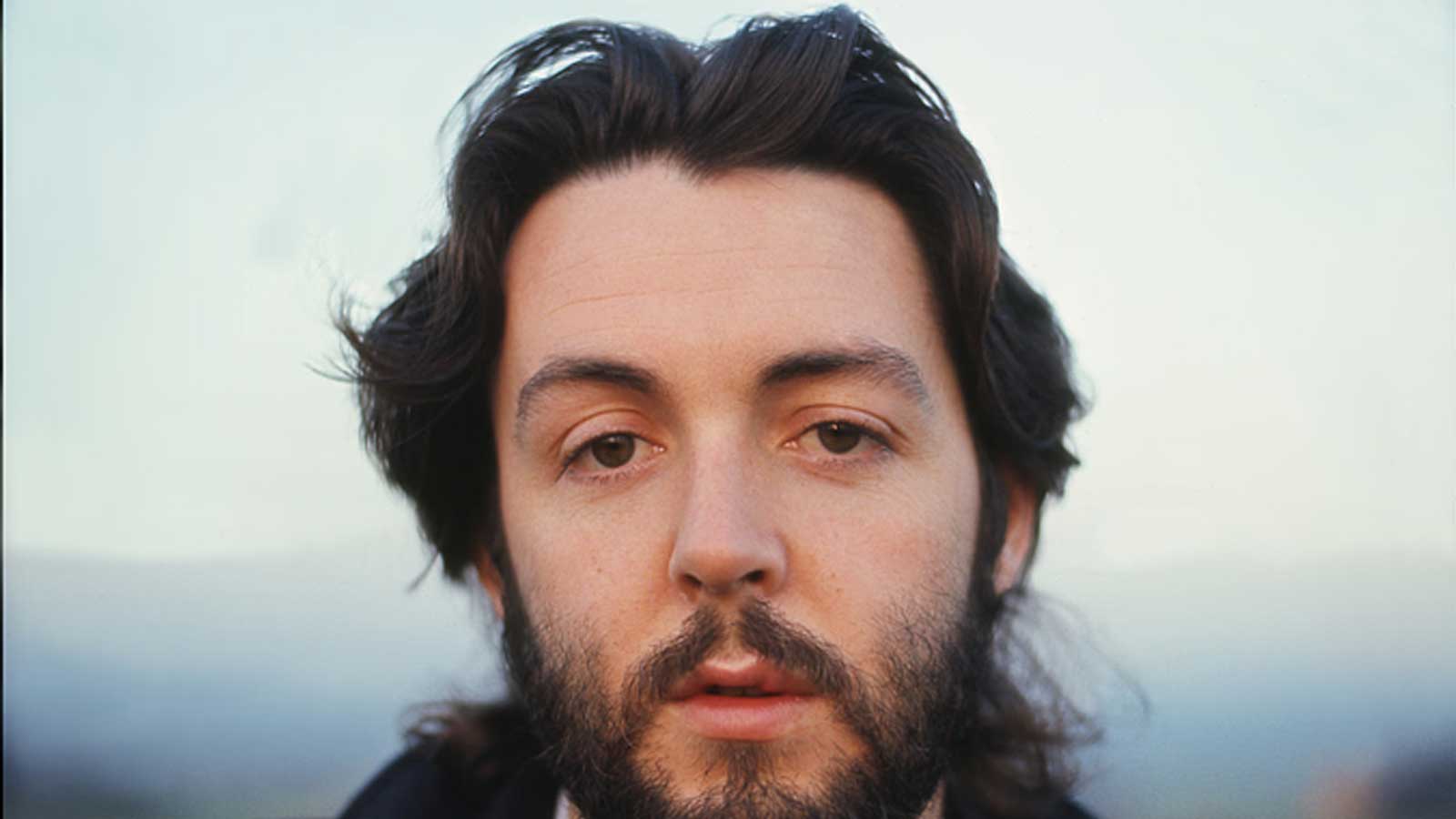In a rap landscape where feuds can often feel as choreographed as a Broadway show, Kendrick Lamar‘s recent release, “Euphoria,” cuts through the noise with a ferocity that redefines the genre's battles. The track is not just a set of barbed verses; it is a six-minute-long dissertation on authenticity, identity, and the cultural appropriation that has long simmered beneath the surface of hip-hop. Lamar's disdain for Drake, articulated through potent lyrical prowess, illuminates a deep-seated issue that goes beyond personal grievances to touch on broader cultural implications.
A Decade of Discontent
The discord between Kendrick Lamar and Drake isn't new. Spanning over a decade, their rivalry has evolved from subliminal jabs to outright declarations of disdain. However, the recent resurgence of this feud in early 2024 brought with it a torrent of diss tracks that have captivated and divided the hip-hop community. Amidst this storm, Kendrick’s “Euphoria” emerges as a powerful statement, unmasking his real issue with Drake: the perceived facade of authenticity and his tenuous relationship with black culture.
Unpacking “Euphoria”
In “Euphoria,” Kendrick doesn’t just attack; he deconstructs. Starting with a calm, sinister delivery, he quickly escalates to a visceral critique of Drake's character and career. He questions Drake's authenticity, accuses him of being a subpar father, mocks his use of Toronto slang, and criticizes his physical appearance. Yet, these personal attacks serve as a veneer for more profound accusations. Kendrick Lamar charges Drake with cultural appropriation, questioning how many “Black features” it will take for him to feel “Black enough.” This line cuts to the core of the track's thesis — Drake's external adoption of black culture does not equate to an internal understanding or respect for it.
Cultural Appropriation in Hip-Hop
Hip-hop has always been more than just music. It’s a cultural movement, rooted in the experiences and voices of Black communities. As such, authenticity and respect for these roots are paramount. Kendrick's critique extends beyond Drake as an individual to a broader critique of how hip-hop sometimes gets diluted through commercialization and appropriation by artists who don't live the experiences they portray.
“This ain't been about critics, not about gimmicks, not about who the greatest
It's always been about love and hate, now let me say I'm the biggest hater
I hate the way that you walk, the way that you talk, I hate the way that you dress
I hate the way that you sneak diss, if I catch flight, it's gon' be direct”
Drake's rise to fame, facilitated by his undeniable talent and the early endorsement of Lil Wayne, allowed him to navigate spaces in hip-hop that might have otherwise been closed to him, RollingStone reports. However, his evolution as an artist has seen him adopt personas and narratives that do not necessarily align with his personal history, raising questions about the authenticity of his artistic identity.
“I hate the way that you walk, the way that you talk, I hate the way that you dress
Surprised you wanted that feature request
You know that we got some sh*t to address
I even hate when you say the word “ni**a,” but that's just me, I guess
Some sh*t just cringeworthy, it ain't even gotta be deep, I guess”
The Impact of “Euphoria”
“Euphoria” is more than a diss track; it's a cultural reckoning. It challenges the listener to consider the authenticity of the artists they support and the narratives they consume. Also, Kendrick's delivery of brutal honesty seeks to remind the hip-hop community of the genre's roots and the importance of maintaining its integrity against commercial dilution. The track has struck a chord, resonating with listeners and critics alike who are weary of the often surface-level engagements with critical cultural issues within the industry.
Looking Forward
Kendrick Lamar's “Euphoria” may mark a pivotal moment in his feud with Drake, but its implications ripple far beyond their personal issues. It serves as a call to action for the hip-hop community to reflect on the values of authenticity, respect, and cultural integrity. As this genre continues to evolve, the voices of artists like Kendrick remind us of the power of music not just to entertain, but to challenge and inspire.
In conclusion, “Euphoria” is not just a testament to Kendrick Lamar's lyrical skill; it is a manifesto on cultural ownership and authenticity in hip-hop. As the industry grapples with these themes, Kendrick's voice stands out as both a guardian of tradition and a provocateur, challenging both peers and fans to engage more deeply with the roots and ramifications of this cultural phenomenon.

